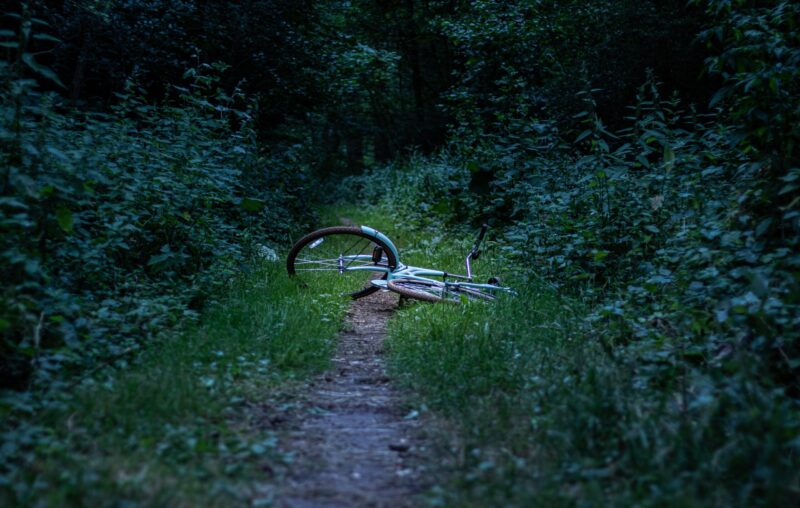There’s a sexual predator loose in Philadelphia, so please be careful to and from work.
If you get pulled over late at night on a highway, wait to pull into a well-lit area. It may not be a cop pulling you over.
Don’t go getting into white vans just because someone needs help with their furniture.
After I send text warnings like these to my sons, the response usually goes something like this.
“O.k. Mom, what true crime drama documentary did you just watch?”
It turns out fascination with true crime is quite normal, as long as it’s not an obsessive compulsion. Why else do we love true crime?
Evil fascinates us. It’s normal to be fascinated with the balance between good and evil.
If it bleeds, it leads. 25 to 30 percent of most television news today [deals] with crime particularly personal crime and murder.
And because we can’t look away from a trainwreck. Criminals can only fulfill their social function if the rest of the world knows exactly what outrages they have committed and how they have been punished—which is to say that what the public really needs and wants is to hear the whole shocking story.
It helps us feel prepared. A study published in 2010 found that women were more drawn than men to true crime books that contained tips on how to defend against an attacker.
There might be an evolutionary benefit. People are interested in true crime because we’ve evolved to pay attention to things that could harm us so that we can better avoid them.
We’re glad we’re not the victim. A big factor in our true crime obsession is something sort of like schadenfreude—getting enjoyment from the trouble experienced by other people.
We’re glad we’re not the perpetrator. It allows us to feel our compassion, not only a compassion for the victim, but sometimes compassions for the perpetrator.
It gives us an adrenaline rush. The euphoric effect of true crime on human emotions is similar to that of roller coasters or natural disasters.
We’re trying to solve the mystery. People can play armchair detective and see if they can figure out ‘whodunit’ before law enforcement authorities catch the actual perpetrator.
We like to be scared…in a controlled way. Stories about serial killers are fairytales for grownups. There’s something in our psyche where we have this need to tell stories about being pursued by monsters.
Storytelling is good and comforting. While living in a world where there is rapid social, political, economic, and technological change, true crime comforts people by assuring them that their long-held ideas about how the world works are still useful.
So the next time you’re drawn to that John Wayne Gacy documentary, remember you’re normal for doing so. Just don’t rent a clown for your kid’s birthday party, cuz, well, you never know…

